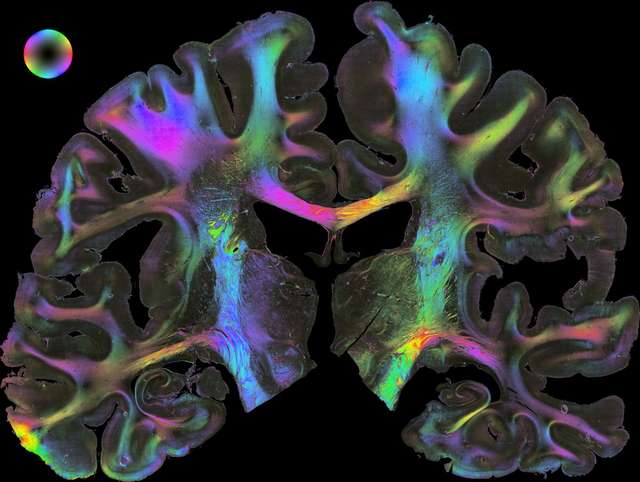Neurobiology
Neuroscience
Neuroscience is the scientific study of the nervous system (the brain, spinal cord, and peripheral nervous system), its functions, and its disorders. It is a multidisciplinary science that combines physiology, anatomy, molecular biology, developmental biology, cytology, psychology, physics, computer science, chemistry, medicine, statistics, and mathematical modeling to understand the fundamental and emergent properties of neurons, glia, and neural circuits. The understanding of the biological basis of learning, memory, behavior, perception, and consciousness has been described by Eric Kandel as the "epic challenge" of the biological sciences. The scope of neuroscience has broadened over time to include different approaches used to study the nervous system at different scales. The techniques used by neuroscientists have expanded enormously, from molecular and cellular studies of individual neurons to imaging of sensory, motor, and cognitive tasks in the brain.
Read more about 'Neuroscience' at: WikipediaWikipedia contributors. "Neuroscience." Wikipedia, The Free Encyclopedia. Wikipedia, The Free Encyclopedia, Jan. 22, 2026.
A branch of biology concerned with the development, anatomy, function, and dysfunction of the nervous system.
Resources used
Neurobiology. In NCI Thesaurus OBO Edition. Retrieved 10:24, February 24, 2022, from http://purl.obolibrary.org/obo/NCIT_C19626
